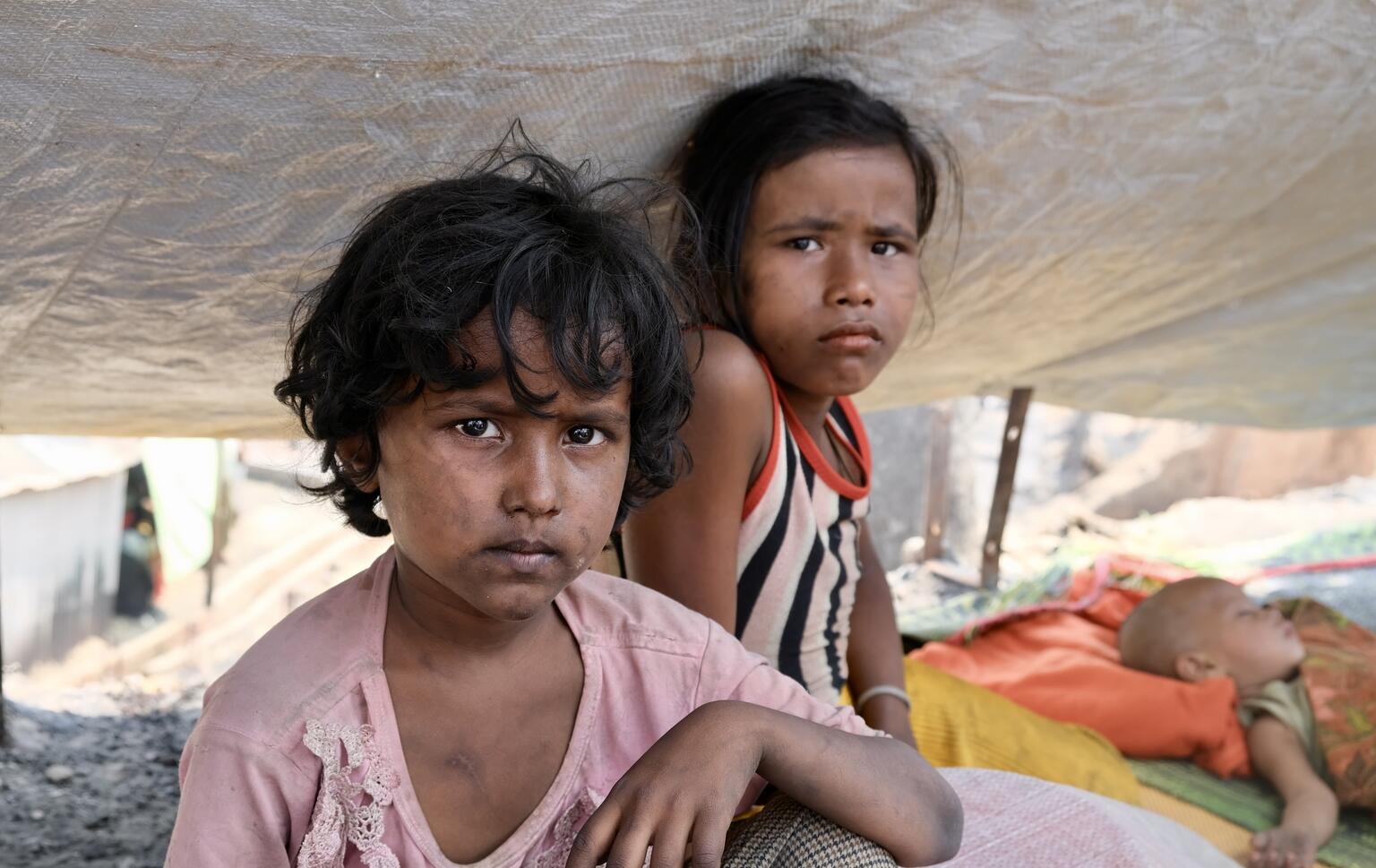
Climate change, conflict, human rights violations and economic inequality are all driving forced displacement. People, often the most vulnerable and marginalised, are left with no choice but to flee and leave behind homes, basic amenities and even families. They include refugees, asylum seekers and children fleeing trafficking and conflict.
An estimated 103 million people were forcibly displaced by mid-2022. Astoundingly, children now account for 41 per cent – or 42 million – of all those who have been forcibly displaced.
Major UN agencies have come together to develop an advocacy brief that reflects on lessons from recent crises worldwide and outlines principles to guide action and policy to better protect displaced children.
It is written jointly by the United Nations High Commissioner for Refugees (UNHCR), the United Nations Children’s Fund (UNICEF), the United Nations Office on Drugs and Crime (UNODC), the International Organization for Migration (IOM), Office of the United Nations High Commissioner for Human Rights (OHCHR) and the Office of the Special Representative of the Secretary-General on Violence against Children (OSRSG-VAC), in close partnership with the Organization for Security and Co-operation in Europe (OSCE) Special Representative and Coordinator for Combating Trafficking in Human Beings.
Forced displacement is a challenging and dangerous experience for children and a threat to children’s rights and safety. Children on the move are among the most vulnerable populations - facing threats of education loss, separation from families, trafficking and child labour, and in humanitarian settings, increased risks of violence and abduction.
The UN advocacy brief highlights that the rights of children as per the Convention of the Rights of the Child must be protected, no matter where they move. This includes their right to survival, development and non-discrimination and equity.
The brief highlights the urgent need for well-informed policy and action to protect the children who are migrating.
It makes the call for strengthening child protection through sustained and effective collaboration between all stakeholders looking over children’s well-being and coordination among different systems to protect children. It lays the case to step up technical and financial support to enable action.
The advocacy brief proposes policy actions to enable the effective protection of children:
- Provide accessible, quality child protection
- Empower women and girls with opportunities and skills
- Provide economic support to families and communities, reducing the risk of children having to resort to child labour or child marriage
- Make schools safe places for children, no matter where they come from
Read the full advocacy brief here.
Image: © UNICEF/UN0798231/Spiridonova